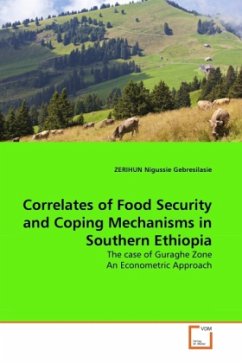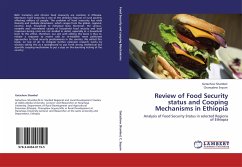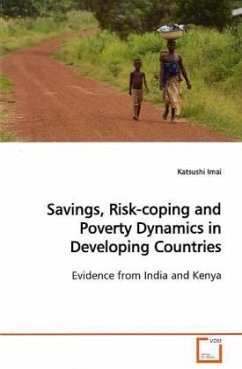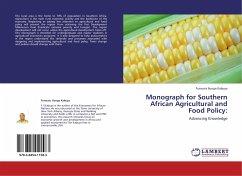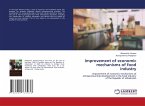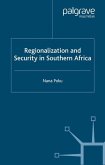Food insecurity has been in the public eye for a long time. However, it began to make a serious impact and became a prominent issue on the development debate recently. Symbolic to this problem is Ethiopia; in which about half the population is categorized as food insecure. As a result, this book was written in light of understanding the severity of food insecurity, coping mechanisms of the household's and identifying correlates of food security. The data analysis in this book revealed the importance of understanding the traditional way-out mechanisms of the society as a base for any intervention. In addition, any kind of intervention in the areas should use proper targeting tools to reach to those in acute food insecurity, and to make those interventions sustainable they should be designed in such a way that they could enhance the asset and income base of the households. In the end, based on the findings, short term and long term interventions were recommended to alleviate the food insecurity problem.
Bitte wählen Sie Ihr Anliegen aus.
Rechnungen
Retourenschein anfordern
Bestellstatus
Storno

